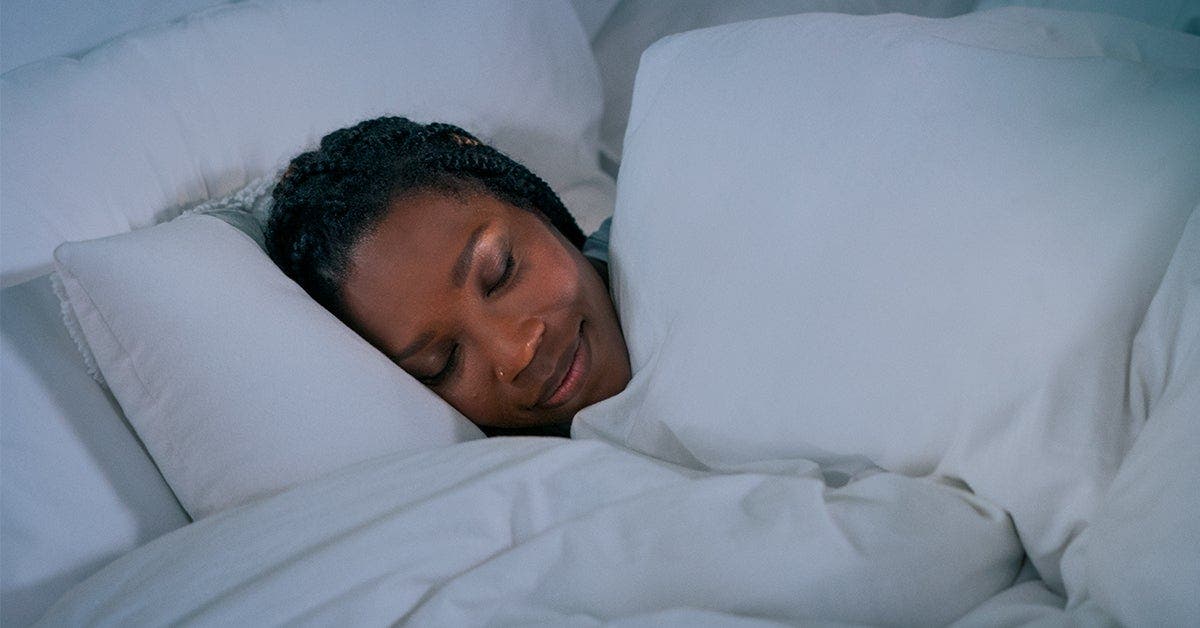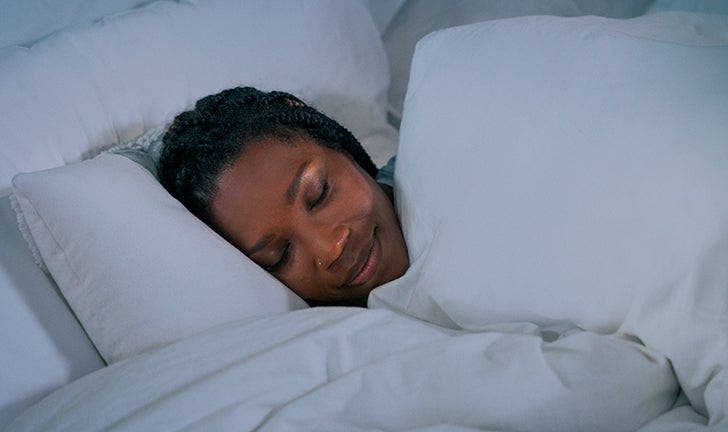Behind the circadian rhythm


Sleep often gets neglected – for the busiest among us; it might even be seen as an inconvenience. But, in some ways, more than anything else, it is the most important factor in maintaining our overall health.
“Sleep plays a vital role in good health and well-being throughout your life. Getting enough quality sleep at the right times can help protect your mental health, physical health, quality of life, and safety,” says the United States-based National Heart, Lung, and Blood Institute. Essentially, “sleep helps your brain work properly.”
The key is not just to go to bed, but to go to bed and get good quality sleep. Here’s where the circadian rhythm comes in.
“We all have a circadian rhythm that is essentially a 24-hour internal clock running in the background of our brain, which cycles between sleepiness and alertness at regular intervals,” says Dr. Haissam Dahan, owner of Ottawa TMJ & Sleep Apnea Clinic. “It helps us know when to sleep and when we should wake up.”
However, he explains, “with the invention of the light bulb in 1879, we started to control artificially when we slept and woke up.”
Chris Brantner, certified sleep science coach from SleepZoo.com, adds “In the natural state, most humans’ circadian rhythms would likely be in sync with the rotation of the Earth and position of the sun.”
Along with the light bulb, our myriad devices bring all kinds of artificial light into our lives at all hours of the day and night, “confusing the entire system and throwing circadian rhythms out of balance,” Brantner explains.
“The key to getting back in sync is improving sleep hygiene. Sleep hygiene is a fancy way of saying good habits that prepare your body and mind for sleep.”
The CDC recommends seven or more hours of sleep a night for adults, though some experts argue even eight hours may not be enough to be healthy.
To get the most natural sleep possible, avoid blue light – the light from your phone, laptop, tablet, etc. – two or three hours before you go to sleep, and follow these additional tips from Brantner to improve your sleep hygiene and get back in sync with your circadian rhythm.
- Go outside during the day: “Natural sunlight is crucial for your body’s circadian rhythm,” Brantner says. “Sun helps your body distinguish between day and night and helps release necessary hormones for sleep.”
- Get rid of substances that negatively affect sleep, such as caffeine and alcohol.
- Practise stress management: “Stress and anxiety are notorious for causing insomnia,” he says. Brantner’s suggested stress-management tactics include yoga, meditation, exercise, and creating a to-do list before bed.
- Make your bedroom your sanctuary: “Your bedroom needs to be a calming place. That means it needs to be decluttered, bedding needs to be comfortable and distractions need to be limited,” he says. “That means get your devices out. A good rule of thumb is that your bedroom should only be used for two things: sleep and sex.”
- Practise a bedtime routine: “Our bodies crave routines, so create one for bed that helps you wind down around the same time every night. This could include shutting off devices, dimming lights, sipping warm tea or milk, taking a hot bath, etc.”
